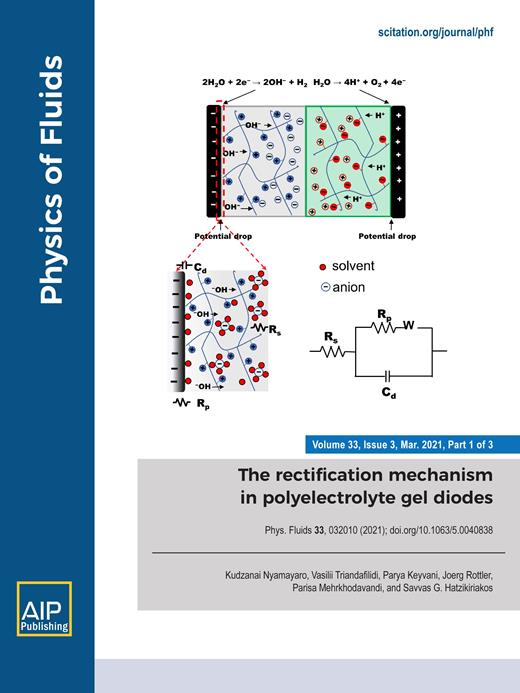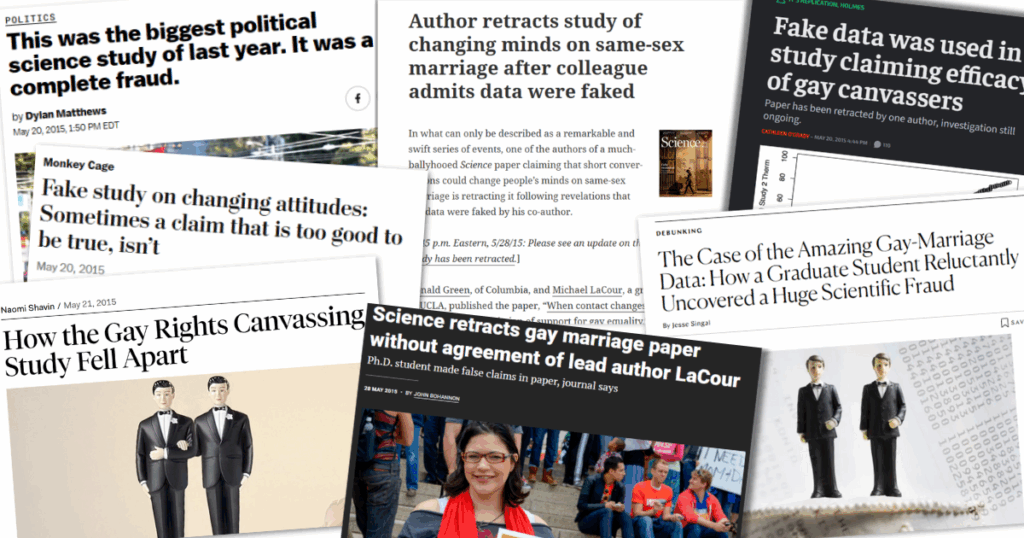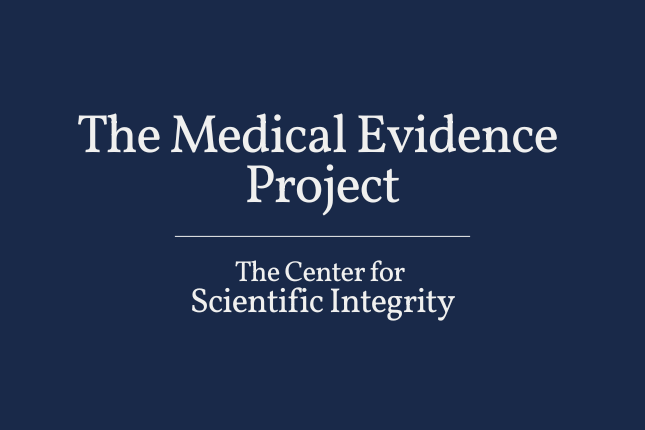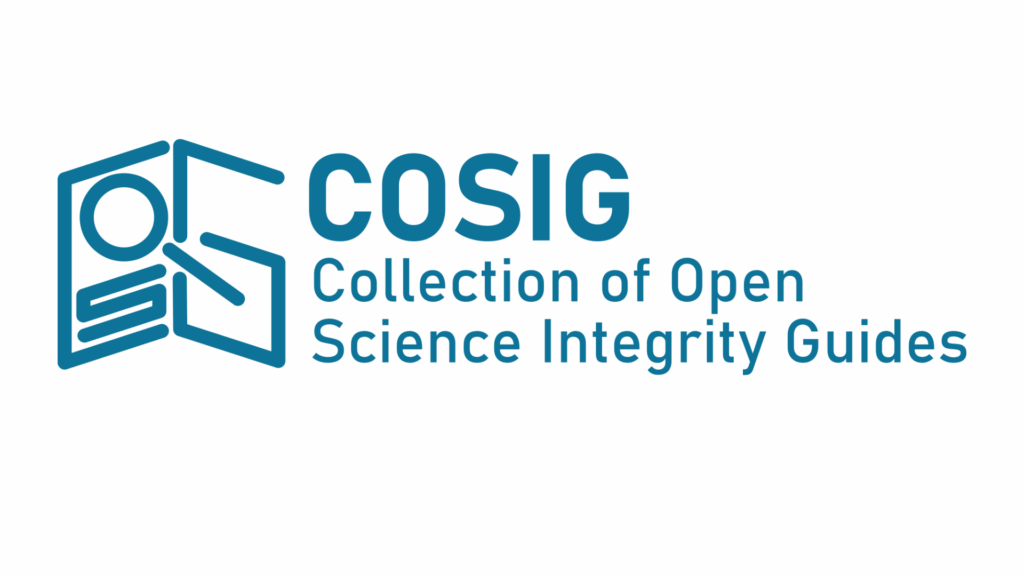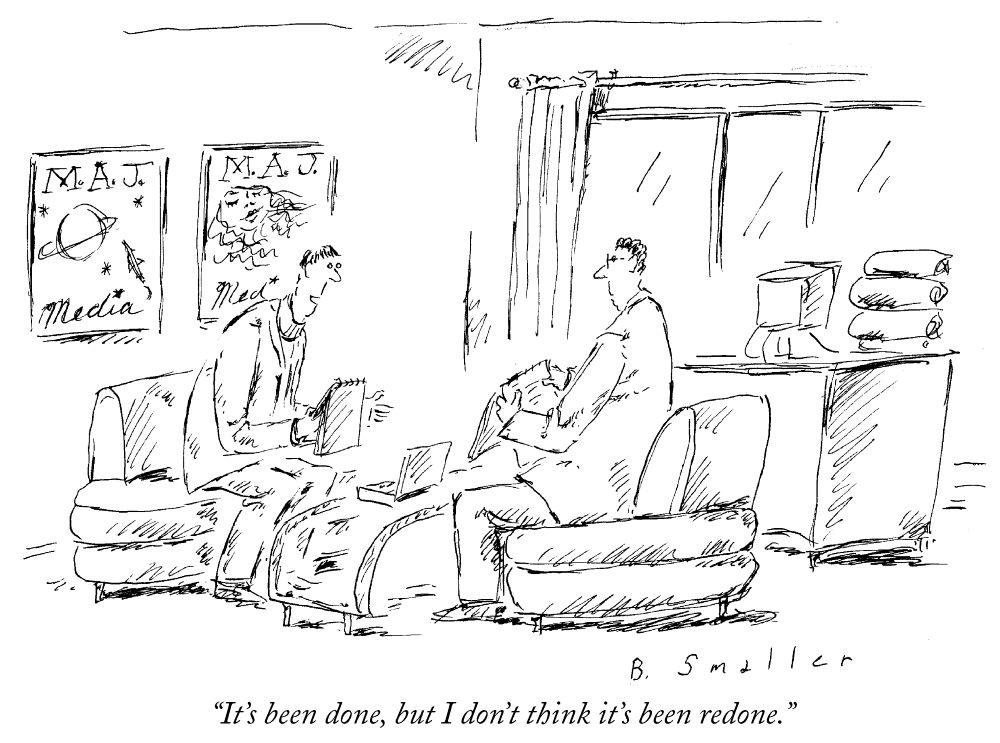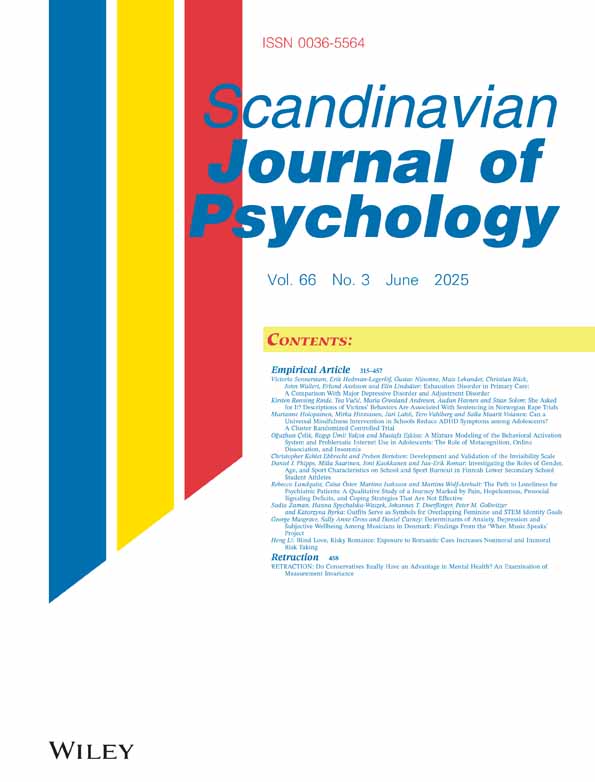
Brown University physician-scientist Wafik El-Deiry has been a longtime critic of the post-publication forum PubPeer, where 75 of his papers have been flagged. For example, in an April post on X, formerly Twitter, he stated, “It is not good that PubPeer has been weaponized and has become tyrannical.” In July 2024, he referred to the emails authors receive when someone posts a comment about their papers as being “under attack by PubPeer and their anonymous mob.”
PubPeer, started in 2012, won the 2024 Einstein Award For Promoting Quality in Research. (Disclosure: Our co-founder Ivan Oransky is a volunteer member of the board of directors of the PubPeer Foundation.)
In April, a site called Science Guardians, an “online journal club” with remarkable similarities – but also key differences – to PubPeer, launched what it called an “investigation” into PubPeer. Since then the anonymous account has posted numerous posts on X critiquing PubPeer while promising to reveal the “perpetrators of the PubPeer Network Mob.”
Continue reading Apparent NCI director candidate wants ‘open, respectful’ post-publication peer review while promoting anonymous site that calls sleuths a ‘mob’